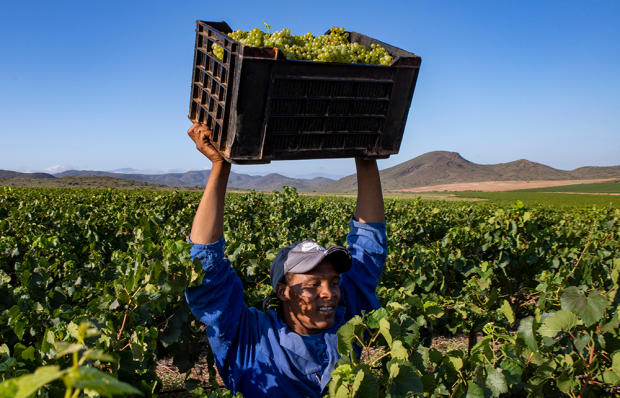Spring sense, caressing sunshine: last week, London enjoyed village cricket weather. Even in normal circumstances, the season would not have begun; the anticipation would. Soon, one would be watching the run-silos flicker to and fro, a pint of beer at hand. ‘A pint of beer’, four simple words, but in these times my tastebuds were flooded with memory. Où sont les boissons d’antan?
Friends of different strategems were fighting off that lowering virus, cabin-fever. I am re-reading Macaulay — there is no more joyous prose in English — and alternating him with Gibbon, whom I am ashamed to have never read all the way through, at a ratio of four Macaulay to one Gibbon. That is like switching from a gulping great draught of Housmanic ale to sitting and savouring the subtle power of a hundred-year-old cognac.
Apropos reading, may I recommend two recent discoveries. The first, which everyone except me has long since come across, is Laurie Lee’s As I Walked Out One Midsummer Morning. Beautifully written, its account of poverty-stricken life in mid-1930s Spain helps to explain the Spanish civil war and draws on the failure of Spanish polity after the golden age — if indeed there was one. A good three-hour exam question: ‘How golden was the Spanish golden age?’
The second is Red Rag to a Bull, by Jamie Blackett. Also beautifully written, there is no better one-volume guide to rural matters. Every politician should read it, as should anyone who cares about the countryside. It is a pleasure from first page to last.
At the moment, there is also trying to think about what happens after the plague subsides. Although there will be much more continuity than change, the government must not make Churchill’s mistake from 1943 onwards: concentrating exclusively on the crisis, with nothing to say about what comes next. In a few days, for the first time in a decade, Labour will have a leader whom one could imagine as prime minister. In 1945, there was a lot of enthusiasm for wartime socialism. Keir Starmer might emerge as an Attlee figure, leading the call for virus socialism, demanding limitless funds for the NHS, more public spending on anything which sounds desirable — and higher taxes to pay for all this. Boris will have to counter that by blending generosity with realism, including the need to keep taxes low to ensure a V-shaped recovery.
The banks must help. The Treasury and Bank of England are performing well, but there are increasing complaints about lethargic obfuscation from the banks that deal with small businesses. Over the years, they seem to have lost interest in building up relationships with their customers. That will need to change rapidly. Post 2008, the banks have by no means recovered the public’s trust. If they seem to be the principal obstacle to economic recovery, there will be big trouble.
So: reading, thinking — and there is also drinking. Over the past few days, I have discovered something about myself. At the end of a busy day, I relish a glass of whisky; Johnnie Walker Black at about 60:40 whisky to water is a sound standby. But I am not an enthusiastic solitary drinker, especially when it comes to good bottles. They are for company; for folding one’s legs and having one’s talk out. As a result, my liver has been on half-rations these last few days.
In a back cupboard, I did discover a Léoville Barton 1993. I remember looking for it years ago, and assuming that I must have drunk it, though I had no memories of doing so. 1993 was not an outstanding year and this bottle had every excuse for being over the hill. It was, but only slightly and it had been a high hill. This was an excellent wine for a double toast: to Anthony Barton, that peerless winemaker and Anglophile, and to better times.
Got something to add? Join the discussion and comment below.
Get 10 issues for just $10
Subscribe to The Spectator Australia today for the next 10 magazine issues, plus full online access, for just $10.
You might disagree with half of it, but you’ll enjoy reading all of it. Try your first month for free, then just $2 a week for the remainder of your first year.















Comments
Don't miss out
Join the conversation with other Spectator Australia readers. Subscribe to leave a comment.
SUBSCRIBEAlready a subscriber? Log in